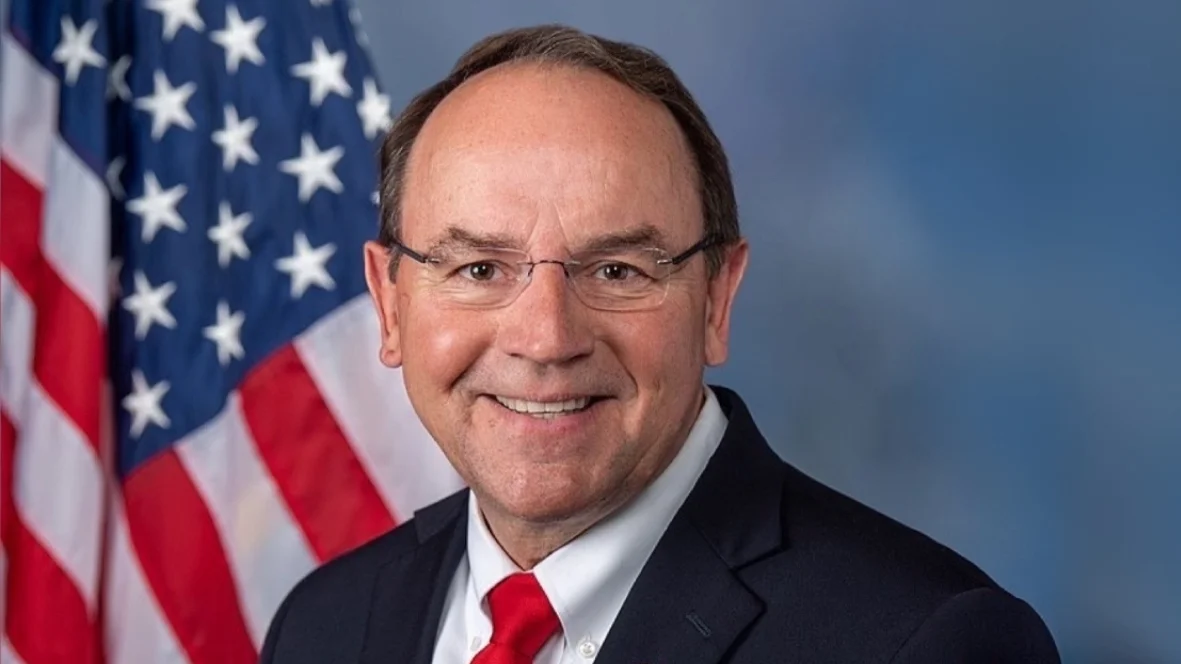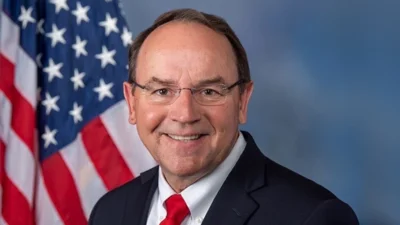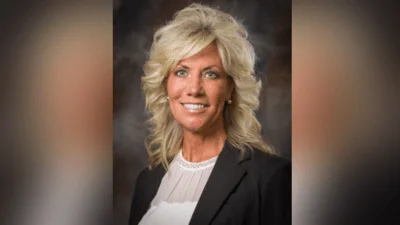Tom Tiffany, U.S. Representative of Wisconsin's 7th congressional district | Official U.S. House headshot
Tom Tiffany, U.S. Representative of Wisconsin's 7th congressional district | Official U.S. House headshot
This week, Representatives Tom Tiffany from Wisconsin's 7th District and Andrew Clyde from Georgia's 9th District introduced the Colleges for the American People Act, known as the CAP Act. This proposed legislation aims to remove the H-1B visa cap exemption currently enjoyed by institutions of higher education.
Under existing law, the Department of State can issue up to 65,000 H-1B specialty occupation visas annually. However, universities are exempt from this limit, allowing them to hire an unlimited number of foreign workers. The CAP Act seeks to change this by requiring all university hires—from administrative staff to professors—to compete under the standard 65,000-visa cap.
"American students spend years earning degrees, only to watch universities hand good-paying jobs to foreign workers on special visas," said Congressman Tiffany. "The CAP Act ensures our institutions invest in the people they are meant to serve and ends the backdoor hiring practices that undercut American workers."
A report by Wisconsin Right Now highlighted that the University of Wisconsin System employs 495 foreign nationals on H-1B visas with salaries nearing $43 million annually. Meanwhile, tuition has been raised due to increased operational costs.
The CAP Act would eliminate the current exemption allowing colleges and universities to bypass the H-1B visa cap. Nonimmigrants seeking employment at higher education institutions would need to apply through the standard process like other industries.
The bill does not affect current visa holders retroactively. Extensions for existing H-1B employees at universities will not count against the cap and may continue until reaching a six-year limit before standard rules apply. This reform is intended to ensure schools prioritize training and hiring Americans first.




 Alerts Sign-up
Alerts Sign-up